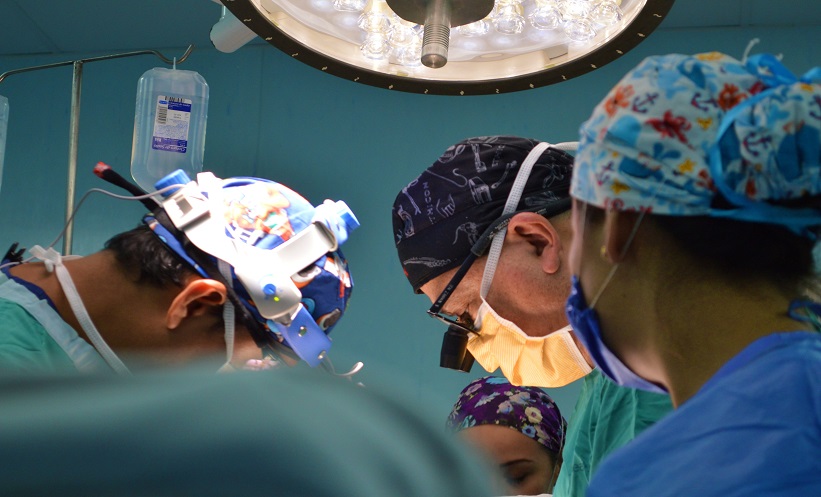OVERALL survival and rate of graft failure following lung transplantation are similar for patients with COVID-19-related acute respiratory distress syndrome (ARDS) and COVID-19-related pulmonary fibrosis, compared with lung transplantation for non-COVID-19 related aetiologies, according to novel research.
Using data from the United Network for Organ Sharing database, researchers performed a retrospective cohort study to evaluate patient outcomes following lung transplant surgery for COVID-19-related ARDS (n=195) and COVID-19-related pulmonary fibrosis (n=190) between March 2020–August 2022. Median follow-up was 186 days in the ARDS cohort, and 181 days in the pulmonary fibrosis cohort. The median patient age was higher in the pulmonary fibrosis cohort, at 54 years, compared with 46 years in the ARDS cohort.
Acute rejection episodes occurred in 8.7% of the ARDS cohort, and 8.6% of the pulmonary fibrosis cohort. Rates of freedom from graft failure and overall survival were similar between the two cohorts. The 1-, 6-, and 12-month post-surgery freedom from graft failure rate was 98%, 95%, and 88%, respectively, in the ARDS group, and 96%, 93%, and 85%, respectively, in the pulmonary fibrosis group.
Overall survival at 1-, 6-, and 12-months was 99%, 95%, and 88%, in the ARDS group, and 96%, 92%, and 84%, in the pulmonary fibrosis group. In the ARDS group, overall survival was worse in recipients of a lung from a donor who had a heavy and prolonged smoking history.
Furthermore, additional analysis highlighted that there was no significant overall survival difference between patients who underwent lung transplantation for COVID-19-related aetiologies compared to non-COVID-19-related causes (adjusted hazard ratio: 0.79; 95% confidence interval: 0.54–1.16; p=0.23).
The findings highlight the outcomes for lung transplantation in patients with irreversible lung damage secondary to COVID-19; however, the study authors suggested that these results be interpreted cautiously due to lack of individual patient data and lack of information regarding time to transplant following respiratory failure, intra-operative variables, and pre-operative biopsy results.








